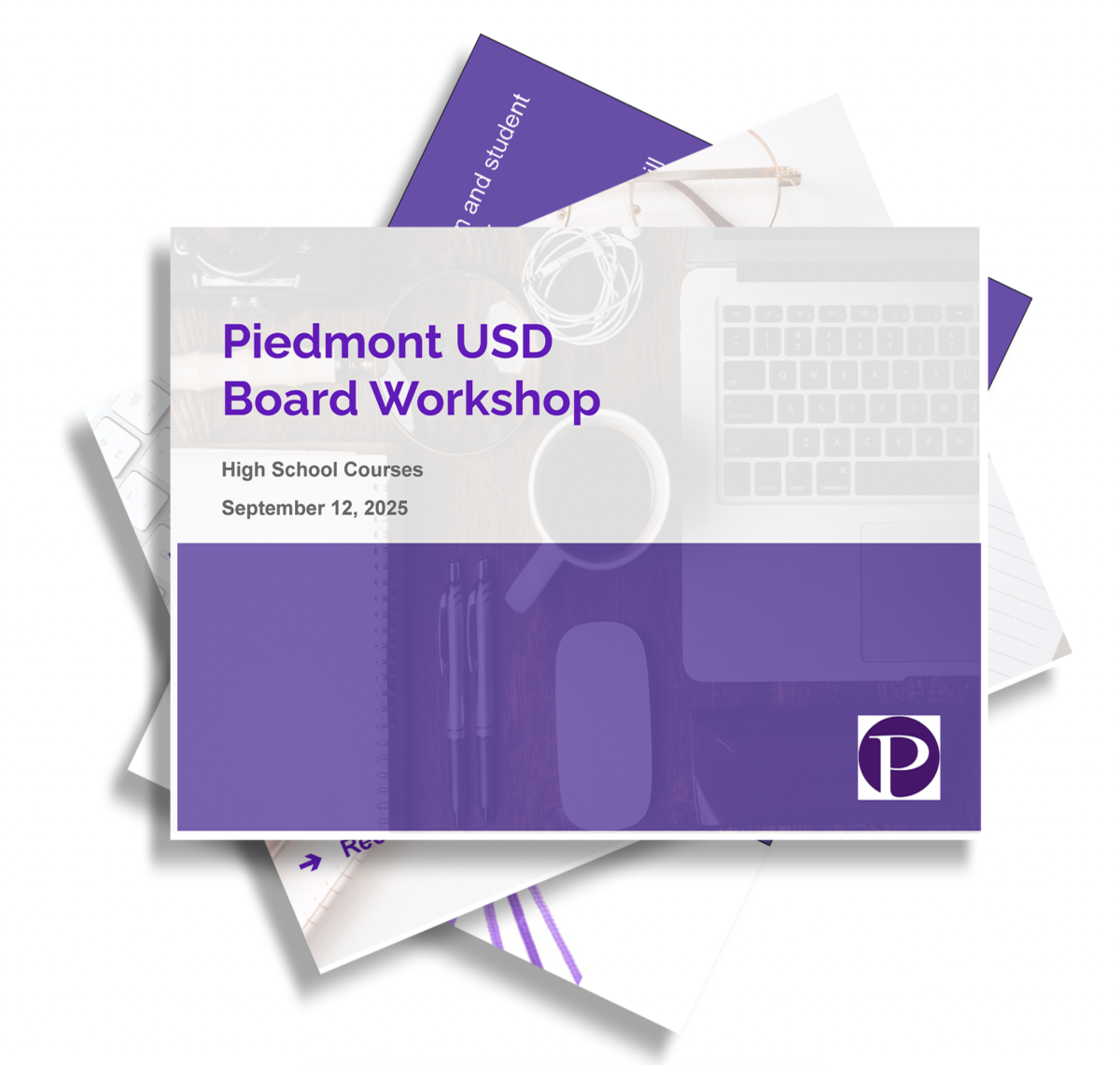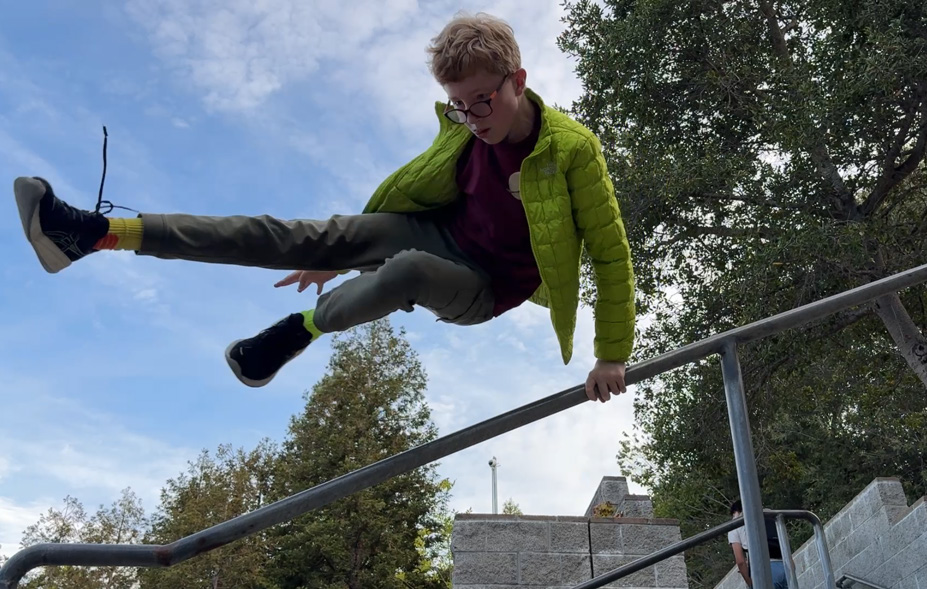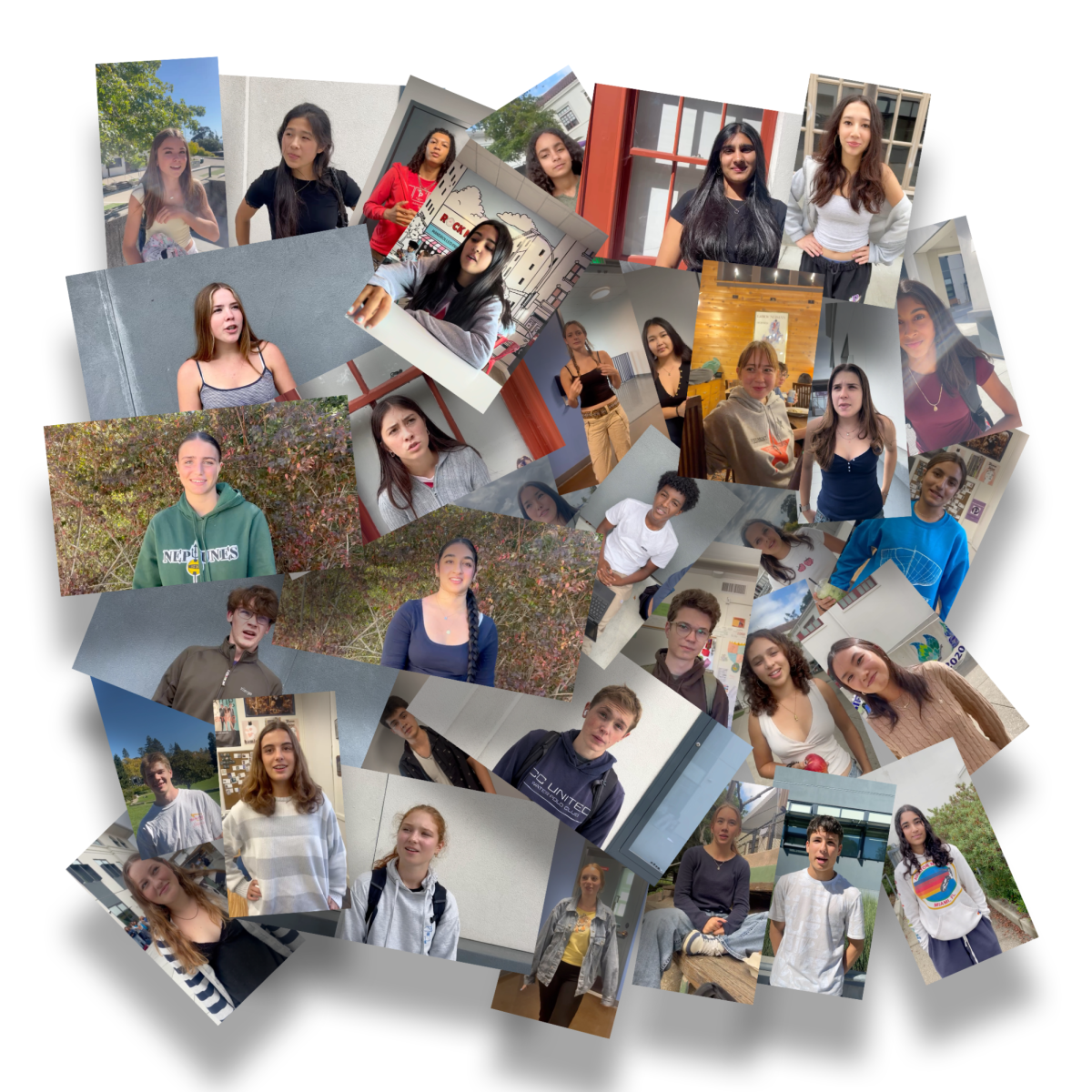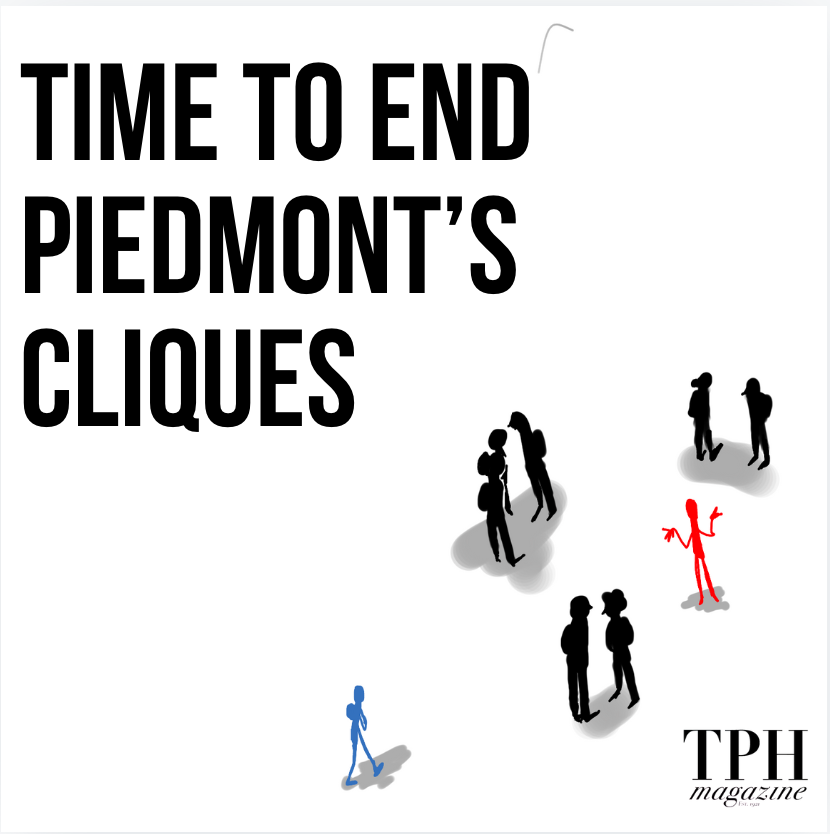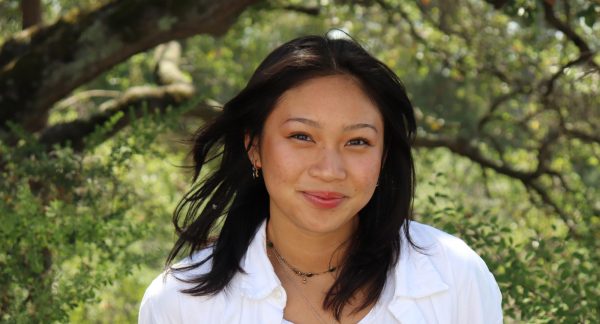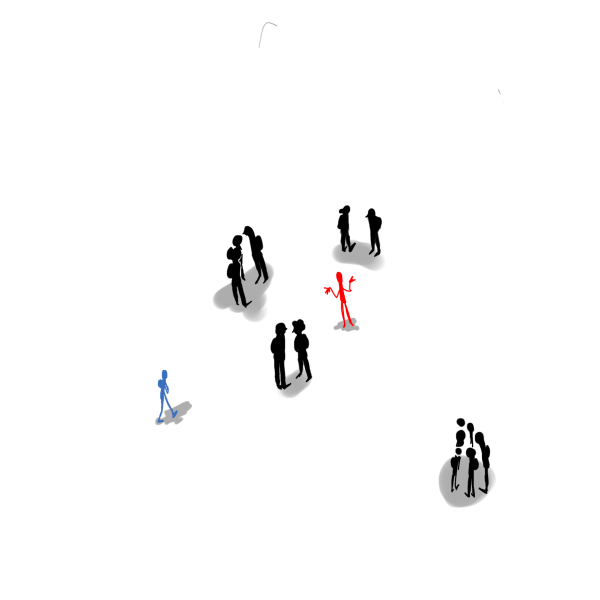 We were in Mrs. Martin’s 6th grade PE class, walking down PE Hill, when a classmate emerged from the crowd and said the strangest thing I’d heard that day, or perhaps ever. Now, I teasingly remind her of this awkward introduction which began our best-friendship.
We were in Mrs. Martin’s 6th grade PE class, walking down PE Hill, when a classmate emerged from the crowd and said the strangest thing I’d heard that day, or perhaps ever. Now, I teasingly remind her of this awkward introduction which began our best-friendship.
As we grow up, however, forging friendships becomes a refined process for many.
Leaning into particular aspects of our identities, we often gain friendships through shared experiences and interests, occasionally shedding a few. Eventually, we build a group of a few friends, mostly like ourselves, with whom we continue to share our lives–these are our people.
However, with only so many people in our groups, in the process of forming our friendships, we often create a world of strangers as our friends become the extent of our world.
Going to school with the same classmates since I was 11 years old, it’s disheartening that “stranger” is an accurate way to describe many of you. In each class, I consistently chose to sit with the same people, with the same groups always on the other side of the room, in a similar clique. We’ve created dividing lines I can definitively trace between desks.
Approaching adulthood, our networks are so small, and social skills are weak enough that we struggle–and often don’t attempt–to converse with people outside of our social safety nets.
According to a UC Santa Barbara study, the COVID-19 pandemic caused adolescent social-wellbeing to deteriorate, defining social-wellbeing as: “[the feeling of] belonging to a community, recognizing people as basically good, contributing to society, understanding society, and feeling like society was a good space.”
In a critical age for social development, we were kept indoors only able to access our friends over the phone. New people and casual encounters became far and few, and we leaned further into our cliques for socialization.
While familiar voices and opinions offered comfort in a time of isolation, we’ve carried this habit well beyond its expiration date. Given the opportunity to interact with new people, many of us choose to remain in social enclaves. The pandemic has stunted our generation’s social skills across the board.
Developing such defined group identities, we struggle to reach into
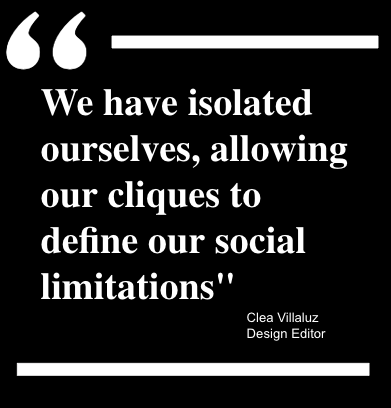
individuality, to branch out alone–we have isolated ourselves, allowing our cliques to define our social limitations, writing off those
unknown and, perceivably, unalike to us.
Recently, I’ve been engaging with more of my classmates. Through our conversations, I’ve learned that the people I’ve held at a distance since returning to in-person school freshman year are more similar to me than they are different. In fact, as I’ve begun to converse with new people in any setting, I find that no matter how seemingly different they are from myself, all may enjoy and appreciate the simple kindness and regard in “How’s it goin’?”
Beyond our Piedmont cliques, our world judges the so-called “others” based on political affiliation, religion, race, and our world of labels that we allow to define others, and most importantly, ourselves. By leaning heavily into our defined labels, we’ve closed our worlds and hearts to another voice that deserves the chance and opportunity to be heard.
Conversing with strangers and peers, I sometimes fear that I might be ignored or judged. I think this is a valid fear–and one that many of us hold–because disregard and judgment are what we, as a community and society, have allowed to be acceptable and habitual. However, we can be part of the solution to that issue by withholding judgment of others. As individuals, we share a common but uniquely impactful ability–to listen to others, to care, to consider, and to allow our minds to open.
I encourage us all to actively outgrow our poor social habits and to leave them behind for good. We should exercise curiosity and sincere regard and consideration for all that we encounter; you will find that, in an effort to know people, that suddenly, everyone will become someone you want to know.
The assumptions we make and conclusions we’ve drawn, the labels and definitions we stick to ourselves and our classmates are tired and outgrown. It’s time we retire our judgemental eyes, and view the world through the understanding that you, and all others, are worth getting to know.
Belonging to and abiding by cliques and circles for so long, it’s been hard to remember, though I’ve begun to recollect, that many of these so-called strangers walked beside my best friend and I down PE Hill.

